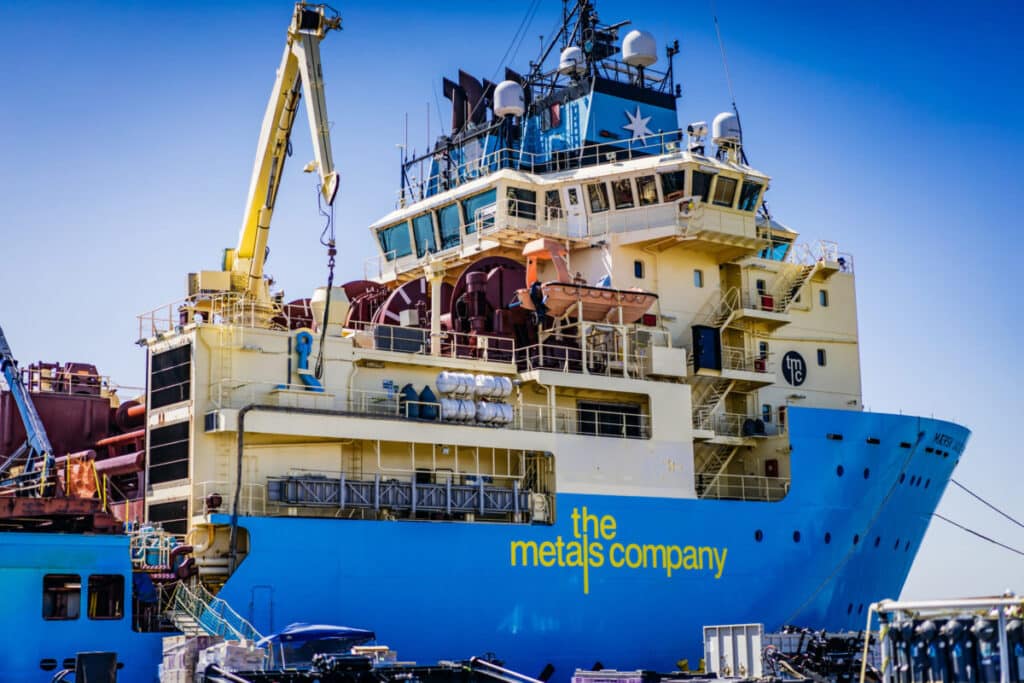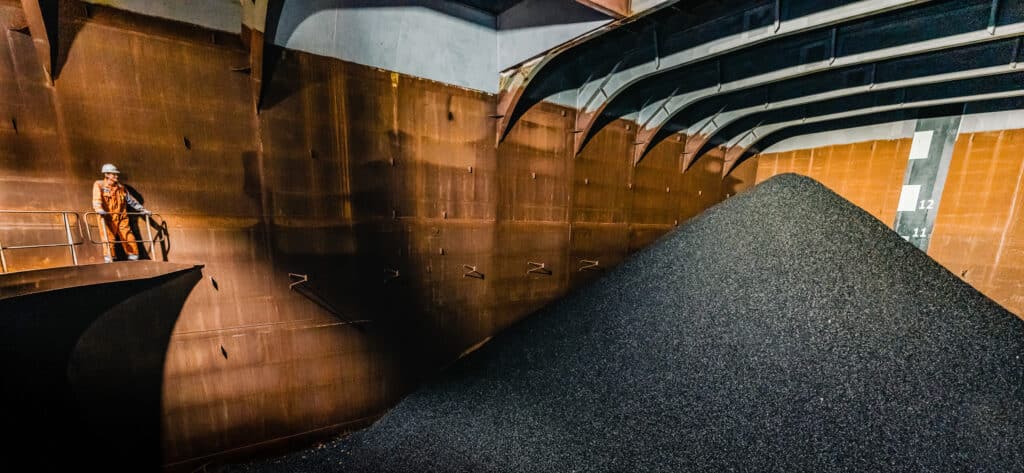We applaud the signing of the UN High Seas Treaty, with the goal of placing up to 30% of the world’s oceans under protection by 2030. In the Clarion Clipperton Zone (CCZ) of the Pacific Ocean, the International Seabed Authority (ISA) has already exceeded this target with 43% of the CCZ already under protection. The current exploitation regime under development for the Area will provide additional protection and once adopted will ensure the protection of the marine environment while setting out the requirements for the responsible access and use of the resources critical to the fight against climate change.
It is important to note that the High Seas Treaty doesn’t replace or amend UNCLOS or the ISA, and must be interpreted consistently with the rights granted by the Convention. France and others have recently renewed their commitments to conduct further scientific research while committing to be ready to move into exploitation at the end of their 5yr extensions. The Council has committed to working towards the adoption of the exploitation regulations and the UN High Seas Treaty only adds to the need for the adoption of rules, regulations and procedures for exploitation.
ISA’s regulatory framework also echoes the High Seas Treaty’s ambition of ensuring that developing states can participate in and benefit equally from the blue economy. Through their sponsorship, TMC’s sponsoring states will benefit economically from responsible exploitation activities in the Area through royalties and taxes, as well as training and education opportunities and community programs that TMC supports via our subsidiaries.
For this new industry, rigorous environmental impact assessments are necessary and are required to ensure there is no serious harm to the marine environment. The exploitation regulations will require a robust environmental assessment process that is aligned with world’s best practices. NORI’s ESIA represents one of the largest integrated deep-sea research programs ever conducted, and it is being done in collaboration with independent scientists from over a dozen of the world’s leading marine research institutions. The massive deep-sea data set being collected by ISA contractors like NORI is important for answering remaining questions on impacts, and we look forward to continued collaboration with the ISA and stakeholders in the lead up to the adoption of the rules, regulations and procedures for exploitation.




